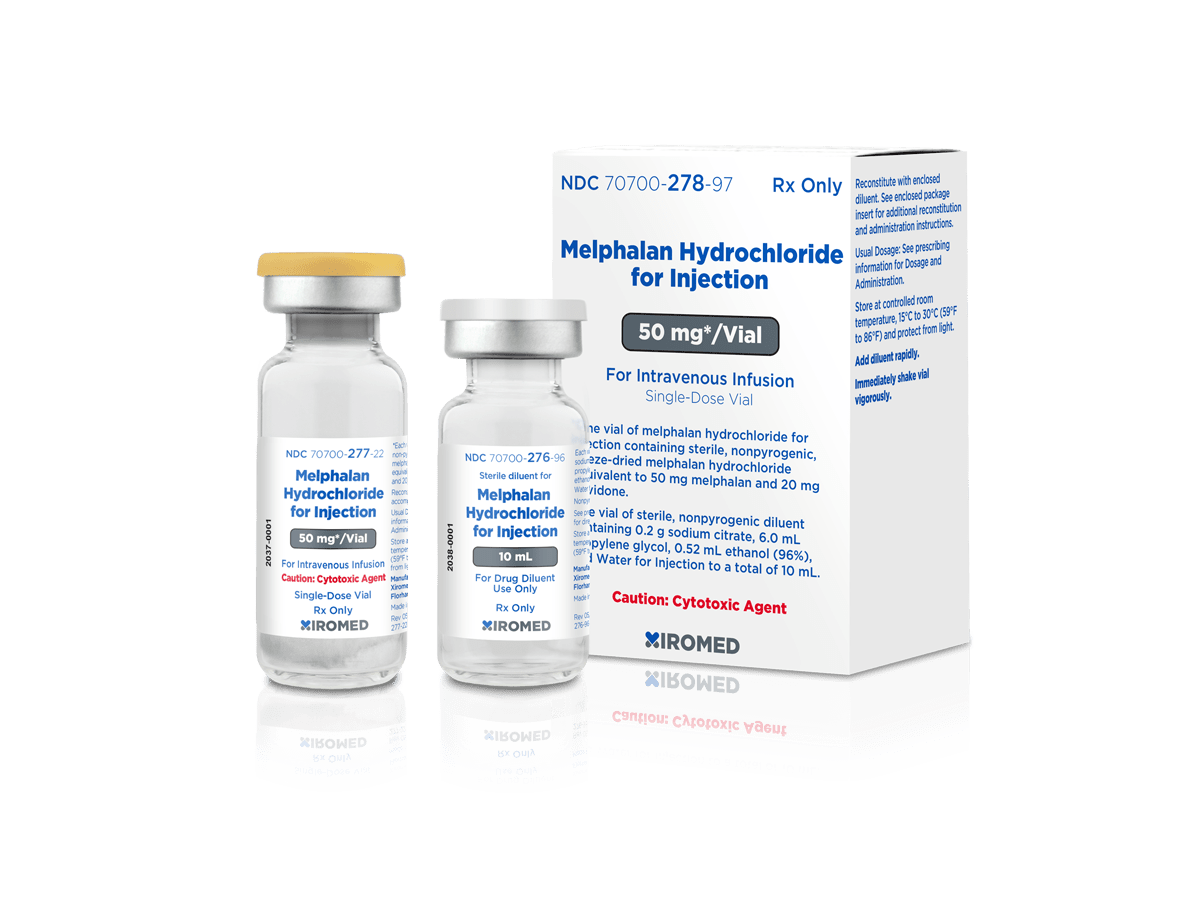Crow-Fukase Syndrome: Symptoms, Causes, Treatment
What are the symptoms of Crow-Fukase syndrome?
Crow-Fukase syndrome, also known as POEMS syndrome, is a rare multisystem disorder that is characterized by several distinct features. The acronym “POEMS” stands for Polyneuropathy, Organomegaly, Endocrinopathy, Monoclonal gammopathy, and Skin changes. The symptoms of Crow-Fukase syndrome can vary widely among affected individuals but may include:
- Polyneuropathy: Nerve damage that can cause weakness, numbness, and pain, usually starting in the hands and feet and gradually spreading to other parts of the body.
- Organomegaly: Enlargement of organs such as the liver, spleen, or lymph nodes, which can cause discomfort or other symptoms depending on the affected organ.
- Endocrinopathy: Dysfunction of the endocrine system, which can lead to symptoms such as diabetes, thyroid dysfunction (hypothyroidism or hyperthyroidism) , or adrenal insufficiency.
- Monoclonal gammopathy: Presence of an abnormal protein in the blood called a monoclonal gammopathy, which can be detected by blood tests.
- Skin changes: Skin changes such as hyperpigmentation (darkening of the skin), thickening, or increased hair growth.
- Edema: Swelling, usually in the legs or other dependent areas of the body.
- Respiratory symptoms: Some individuals with Crow-Fukase syndrome may experience respiratory symptoms, such as difficulty breathing or shortness of breath.
- Other symptoms: Other symptoms that may occur in individuals with Crow-Fukase syndrome include fatigue, weight loss, and changes in vision.
Crow-Fukase syndrome is a complex condition that requires specialized care. Treatment is aimed at managing symptoms and may include corticosteroids, immunomodulatory therapies, and supportive care. Early diagnosis and treatment can help improve outcomes and quality of life for individuals with Crow-Fukase syndrome.
What are the causes of Crow-Fukase syndrome?
Crow-Fukase syndrome, also known as POEMS syndrome, is a rare disorder with an unknown exact cause. However, it is thought to be associated with an underlying plasma cell disorder, which leads to the overproduction of certain proteins and the development of characteristic symptoms. Some of the factors believed to contribute to the development of Crow-Fukase syndrome include:
- Plasma cell dyscrasia: The abnormal proliferation of plasma cells (a type of white blood cell) in the bone marrow, leading to the production of excessive amounts of a monoclonal protein.
- Cytokine dysregulation: Imbalance in the production of cytokines (proteins involved in cell signaling), which can contribute to the symptoms of the syndrome, including inflammation and damage to blood vessels and nerves.
- Vascular endothelial growth factor (VEGF): Elevated levels of VEGF, a protein that stimulates the growth of new blood vessels, which can contribute to the development of abnormal blood vessels and other symptoms.
- Genetic predisposition: Some studies suggest that genetic factors may play a role in the development of Crow-Fukase syndrome, as it is more common in certain ethnic groups and may occur in families.
- Immune system dysfunction: Dysregulation of the immune system, leading to the production of autoantibodies and the development of symptoms such as polyneuropathy and organomegaly.
While these factors are believed to contribute to the development of Crow-Fukase syndrome, the exact mechanism by which they lead to the syndrome is not fully understood. Further research is needed to better understand the underlying causes of this rare disorder.
What is the treatment for Crow-Fukase syndrome?
The treatment for Crow-Fukase syndrome, also known as POEMS syndrome, is aimed at managing the underlying plasma cell disorder and the associated symptoms. Treatment may vary depending on the individual’s symptoms and disease severity, but it often includes a combination of the following approaches:
- Chemotherapy: Chemotherapy drugs, such as melphalan and dexamethasone, may be used to reduce the production of abnormal plasma cells in the bone marrow.
- Immunomodulatory therapy: Drugs that modulate the immune system, such as thalidomide, lenalidomide, or bortezomib, may be used to reduce inflammation and improve symptoms.
- Corticosteroids: Corticosteroids, such as prednisone, may be used to reduce inflammation and suppress the immune system’s response.
- Plasma exchange (plasmapheresis): Plasma exchange may be used to remove abnormal proteins from the blood and improve symptoms.
- Radiation therapy: Radiation therapy may be used to target and shrink enlarged organs or reduce the size of tumors.
- Supportive care: Supportive care, such as physical therapy, occupational therapy, and pain management, may be used to manage symptoms and improve quality of life.
- Stem cell transplant: In some cases, a stem cell transplant may be considered for individuals with severe or refractory disease.
- Treatment of specific symptoms: Treatment may also include management of specific symptoms, such as neuropathy, edema, or endocrine dysfunction, with medications or other interventions.
Treatment for Crow-Fukase syndrome is typically individualized based on the patient’s symptoms and disease progression. Early diagnosis and treatment can help improve outcomes and quality of life for individuals with this rare disorder. It’s important for patients with Crow-Fukase syndrome to receive care from a multidisciplinary team of healthcare professionals, including hematologists, neurologists, and other specialists, to effectively manage the condition.




